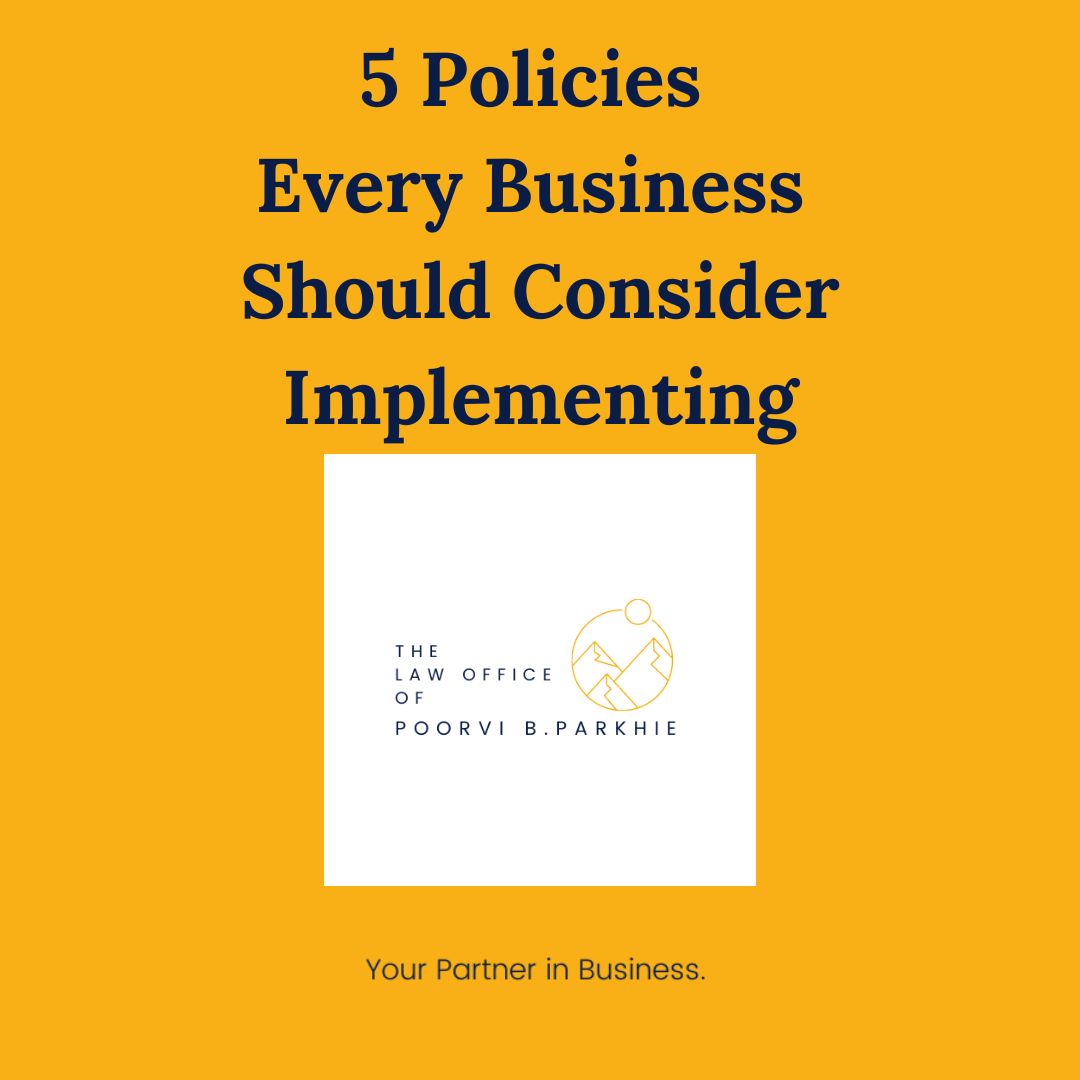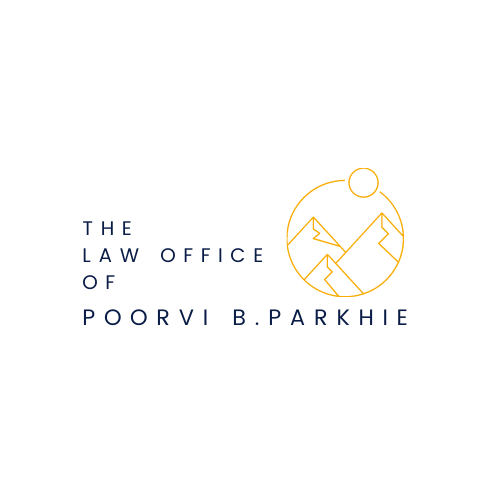Having clear and well-defined policies is essential for any organization, whether it’s a small business, nonprofit, or large corporation. Policies provide a framework for decision-making, set expectations for management and staff, and ensure compliance with legal and ethical standards. Below are five key policies every organization should consider implementing:
1. Conflict of Interest Policy
A Conflict of Interest Policy is critical to maintaining trust and transparency within your organization. This policy outlines the expectations for employees, board members, and other stakeholders to disclose any personal or financial interests that might influence their decision-making.
- Why it’s important: Conflicts of interest can undermine an organization’s integrity and credibility. By having a clear policy in place, you can avoid situations where personal interests conflict with organizational goals.
- What to include: Define conflicts of interest, require regular disclosures, and establish procedures for managing conflicts.
2. Nondiscrimination Policy
A Nondiscrimination Policy ensures that your organization fosters an inclusive and equitable environment for employees, customers, and stakeholders. This policy prohibits discrimination based on race, gender, age, religion, sexual orientation, disability, or other protected characteristics.
- Why it’s important: Beyond being a legal requirement under anti-discrimination laws, a nondiscrimination policy promotes a positive workplace culture and helps attract diverse talent.
- What to include: State your commitment to equal opportunity, outline reporting mechanisms for discrimination, and detail the consequences for violations.
3. Social Media Policy
In today’s digital age, a Social Media Policy is essential to guide employees on appropriate online behavior and protect your organization’s reputation.
- Why it’s important: Social media activity can blur the lines between personal and professional life. A clear policy helps mitigate risks such as unauthorized disclosures, negative publicity, or inappropriate content.
- What to include: Guidelines for posting about work-related topics, rules for using company accounts, and a reminder to respect confidentiality and company values.
4. Document Retention and Destruction Policy
A Document Retention and Destruction Policy ensures that your organization manages records efficiently and complies with legal obligations. This policy outlines how long specific types of documents should be retained and the process for securely disposing of them.
- Why it’s important: Proper record management reduces liability risks, protects sensitive information, and ensures compliance with regulations such as tax and employment laws.
- What to include: A retention schedule for different types of documents (e.g., financial, HR, legal), procedures for secure disposal, and guidelines for electronic records.
5. Privacy Policy
A Privacy Policy demonstrates your organization’s commitment to protecting the personal information of employees, customers, and other stakeholders. It outlines how data is collected, stored, used, and shared.
- Why it’s important: With increasing concerns about data security, a robust privacy policy builds trust and ensures compliance with privacy regulations such as GDPR or CCPA.
- What to include: Types of data collected, purposes for data use, data-sharing practices, and procedures for individuals to access or request deletion of their data.

Final Thoughts
Implementing these five policies lays a strong foundation for ethical operations, legal compliance, and a positive organizational culture. Regularly review and update your policies to reflect changes in regulations and best practices. By taking a proactive approach to policy development, you’ll create an environment where management and staff have clear expectations, reducing risks and enhancing your business’s reputation.
Need help drafting or reviewing your organization’s policies? Contact us to ensure your policies are tailored to your needs and aligned with industry standards.
